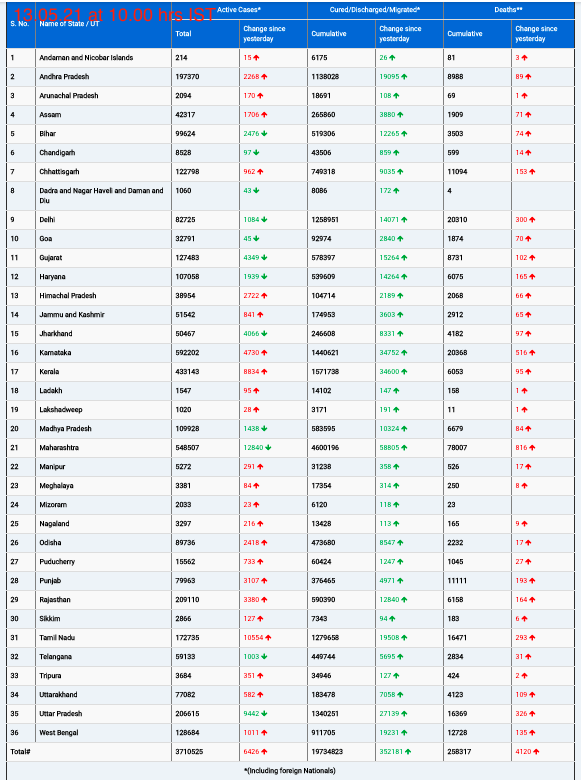February 7, 2025
In a groundbreaking study, researchers at Mass General Brigham have demonstrated that low-cost genetic testing, such as cheek swabs or blood tests, can significantly enhance the identification of undiagnosed chronic obstructive pulmonary disease (COPD) within the community. Their findings, recently published in JAMA under the title “Polygenic Risk Score Added to Conventional Case Finding to Identify Undiagnosed Chronic Obstructive Pulmonary Disease,” highlight the potential of genetic screening in complementing traditional diagnostic methods.
Understanding COPD and the Role of Genetics
COPD is a chronic respiratory disease characterized by restricted airways, leading to progressive breathing difficulties. It arises from a combination of genetic and environmental factors, making early detection and intervention crucial for improved health outcomes. Unfortunately, many individuals experiencing respiratory symptoms remain undiagnosed, depriving them of essential treatment.
Study Findings: Polygenic Risk Score as a Diagnostic Tool
The study explored whether incorporating a polygenic risk score (PRS) for COPD—derived from genome-wide association studies of lung function—could enhance the identification of individuals at risk when compared to conventional case-finding questionnaires alone. Researchers tested the PRS in various study cohorts and assessed its effectiveness through multiple predictive methods, including area-under-the-curve analysis, net reclassification, precision-recall, and net benefit decision curve analyses.
The results indicated that adding a genetic risk score to a case-finding questionnaire significantly improved the ability to identify undiagnosed COPD cases. The study suggests that using genetic data alongside conventional screening tools could help prioritize individuals for confirmatory spirometry testing, a lung function test that measures airflow capacity.
Implications and Future Directions
The findings underscore the potential of genetics in detecting COPD earlier, leading to timely interventions. However, researchers acknowledge barriers to widespread implementation, such as accessibility to spirometry testing and the need for more diverse genetic data. Notably, much of the genetic susceptibility to COPD remains unexplained, particularly among non-European ancestry populations.
Future research will focus on refining the predictive power of genetic risk scores and improving their applicability across multi-ancestry populations. This could pave the way for broader adoption of genetic screening in respiratory disease management.
Disclaimer
The findings of this study represent ongoing research in the field of genetic-based diagnostics and should not be considered a standalone diagnostic tool for COPD. Individuals experiencing respiratory symptoms should consult healthcare professionals for appropriate screening and medical advice.
For further details, refer to the original publication:
Jingzhou Zhang et al, Polygenic Risk Score Added to Conventional Case Finding to Identify Undiagnosed Chronic Obstructive Pulmonary Disease, JAMA (2025). DOI: 10.1001/jama.2024.24212











